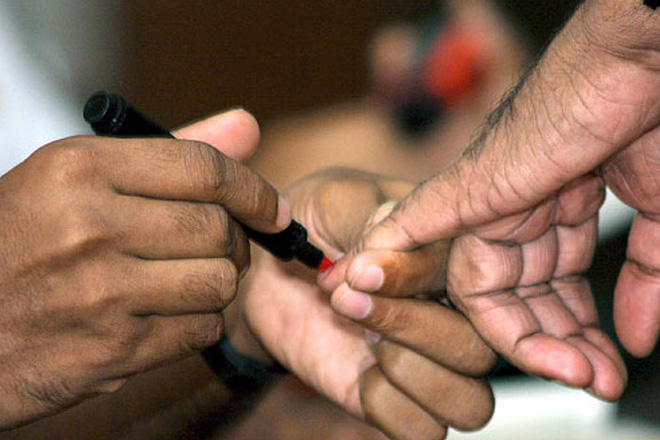Sri Lanka local authorities act to increase women’s representation to be amended

Nov 19, 2015 (LBO) – Sri Lanka is to amend the local authorities act so as to increase women’s representation in local authorities.
Although about 51 percent of Sri Lankan population is women, only about 5 percent from the total members elected to the parliament, provincial councils and local government institutions are women.
Sri Lanka’s new administration promised to allocate 25 percent of representation for women in provincial councils and local government institutions. However European election observers said in an earlier press briefing that Sri Lanka had an extremely low number of female candidates participating in the general election held in August.
Sri Lanka has signed key international instruments for equality between women and men, and the principals of equality and non-discrimination are constitutionally protected.
EU observers say even though the main parties adopted a gender policy in their manifestos, including the promotion of women’s development and social welfare, the general election 2015 had only nine percent female representation with 556 out of 6,151 candidates.
According to latest data the percentage of women in the last parliament was 5.8 percent, the lowest rate of representation in parliament for women among South Asian Countries.
Sri Lanka ranks 140 out of 153 countries in female representation in Parliament. Sri Lanka had only 13 women in the Parliament for 225 seats (2010-2015).
Accordingly the proposal made by Prime Minister Ranil Wickremesinghe, to amend the local authorities (Special Provision ) Act No 21 of 2012 in view of increasing the women’s representation in local authorities, was approved by the Cabinet of Ministers.
The government has also announced plans for gender budgeting from 2017 to improve policy making by assessing the differential impact of policies on women.
